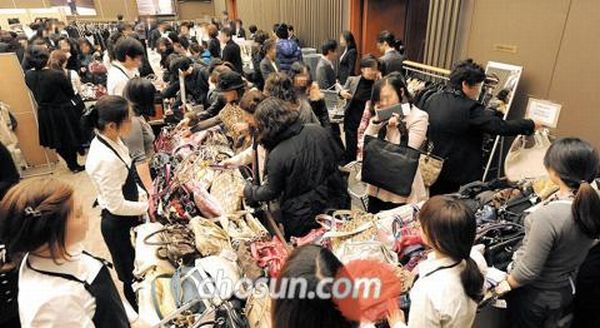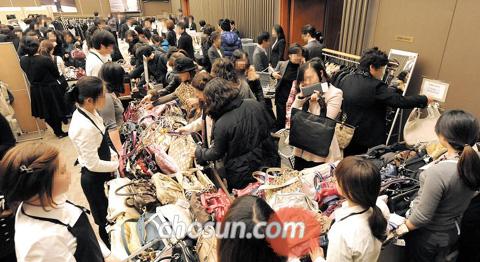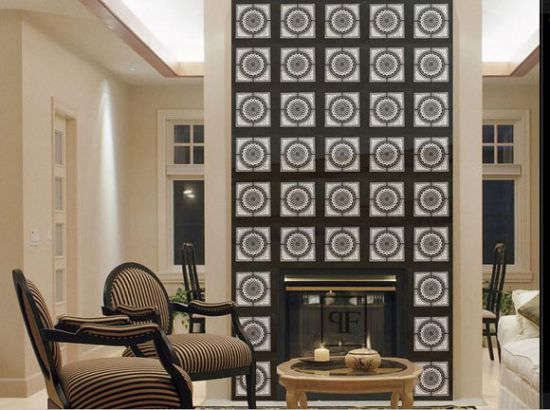When you talk about the luxury industry, chances are you will be talking about China and the affluent Chinese consumers, as they are the ones driving the industry and its growth. Now it is the turn of the Chinese investors to take the centre stage and buy into luxury brands or acquire them, as all the action is in the greater China region. Brokerage CLSA Asia-Pacific Markets in February forecast that demand for luxury goods and travel from those in the greater China region—China, Hong Kong and Macau—will account for 44% of global sales by 2020, up from 15% today. Chinese investors have acquired stakes in luxury-brand companies to the tune of $125 million so far this year, compared with $69 million for all of last year, according to data provider Dealogic. Most of the investments so far have been for small minority stakes so far but the bankers plan to pitch more of them to Chinese investors. It is a learning process for the Chinese investors who are keen to learn how to maintain and run a luxury brand company. They are confident that they will be better able to identify and adapt to the changing trends and tastes of the Chinese market which in any case will be a major part of the entire global market.
The market is hot for luxury names, at the moment and the Chinese investors run the risk of over paying for them. They will also have to fight the perception in the industry that the Chinese investors might not be sensitive to the legacy of the brands and would like to change the current management and labor. China’s Fosun International Ltd, a well diversified group has plans to invest $122 million for a 9.5% stake in Folli Follie, a Greek jewelry retailer with outlets in Europe and Asia. Peter Woo, bought an 8% stake in Florence-based shoe and leather goods company Salvatore Ferragamo SpA. Mr. Woo is its long-term partner in China and will be key to their plans of expansion in Asia. Hong Kong luxury menswear operator Trinity Ltd., part of trading house Li & Fung Ltd., last year bought Italy’s Cerruti fashion house, while Hong Kong-based YGM Trading Ltd. bought the Asian rights to U.K. label Aquascutum Group PLC. State-owned food conglomerate Cofco Ltd. bought the Chateau de Viaud vineyard in France’s Bordeaux region. It bought Chile’s Bisquertt Vineyard in September 2010. Pierre Cardin said his house is open to investors and his bankers are targeting Chinese investors.
Hong Kong is witnessing a flurry of activity for luxury listings. Prada SpA and handbag maker Coach Inc. are the new entrants. The process of Prada’s large IPO worth almost $3 billion is heading for a successful closure. Coach last month appointed J.P. Morgan Chase & Co. to handle the issuance of Hong Kong depository receipts by the end of the year. The luxury industry has already witnessed acquisitions and mergers worth $6.4 billion this year compared to $2.9 billion in the entire 2010.
The luxury goods have appreciated in value very rapidly during the last year or so. The Korean consumers have caught on to this upswing trend and are targeting luxury goods as quick-turnaround investments. They are even hoarding the goods to be sold off later when the prices go up further. The luxury goods are generally priced cheaper in Europe than in Korea. The Koreans are heading overseas more often and making travel plans around their shopping needs. The price differentials are so much that the savings more than takes care of the travel expenses. A rumor that Chanel is going for a price hike in May this year saw their sales zooming ahead of its rivals in April. Smuggling of luxury brands has become a concern for Korea’s customs department. There has been a quantum jump in number of travelers trying to bring in illicitly luxury handbags through Incheon International Airport





